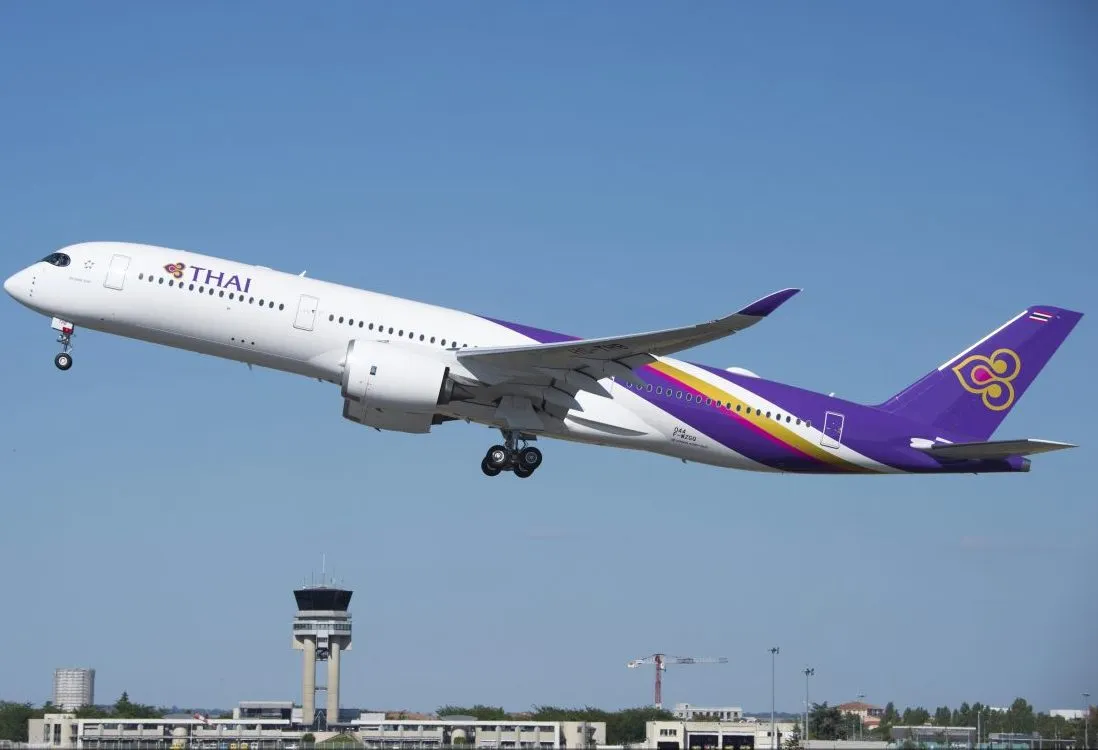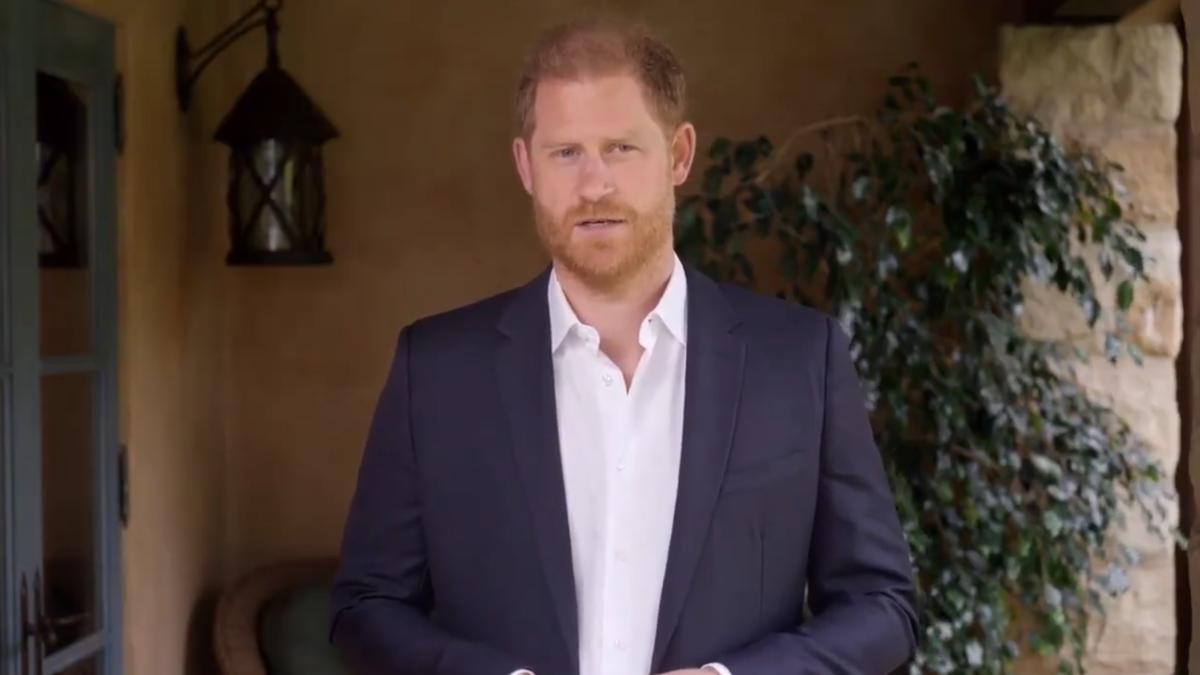Airlines' fuel surcharges have no relationship whatsoever to the cost of fuel
Skift Take
Fuel surcharges --those fees that airlines say they add to ticket prices to compensate for higher fuel costs -- have increased twice as fast as fuel prices in the past year, according to a new study.
What's more, most airlines have not reduced fuel surcharges since 2009, despite dips in fuel prices over that time, according to the study by the corporate travel management company Carson Wagonlit Travel.
Fuel surcharges can represent a hike of up to 40% or 50% on ticket prices, depending on the airline and the destination. The highest fuel surcharges are typically added to international flights, with surcharges on European flights ranging from $104 to $372, according to the study.
Since April 2011, fuel charges on U.S. airlines have risen 53% while fuel prices have increased 24%, according to the study.
In the past, fuel surcharges represented a marketing advantage because airlines could raise fuel surcharges but continue to advertise low base fares.
But a new law that requires U.S.-based airlines to advertise the full fare, including fees and taxes, has eliminated a key rationale for the surcharge, said Rick Seaney, chief executive officer of the travel review site Farecompare.com.
Still, airlines continue to charge hefty fuel surcharges on international flights, he said, partly because carriers pay travel agents a commission only on the base fare, not on the surcharges or taxes.
Seaney said some airlines also lower fuel surcharges in markets where they face stiff competition from other carriers.
"To call it a fuel surcharge suggests it has to do with fuel prices when it really has to do with competition," he said.
A spokesman for Airlines for America, a trade group for the nation's largest airlines, said he couldn't comment on the pricing strategies of individual airlines. But he noted that fuel prices so far this year are $3.05 per gallon, slightly higher than the record high average of $3 per gallon for 2011. ![]()




